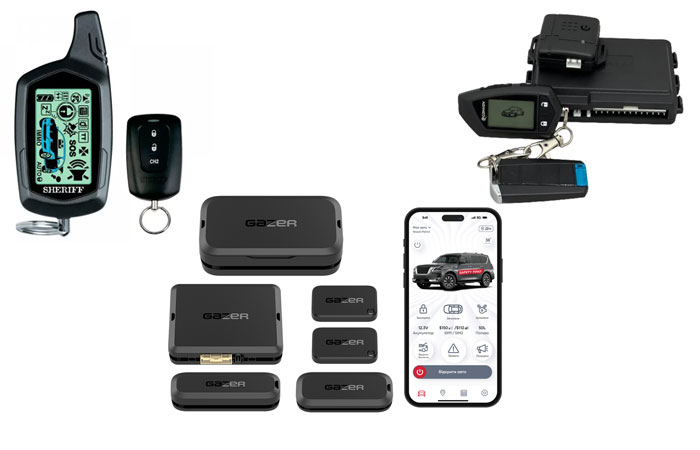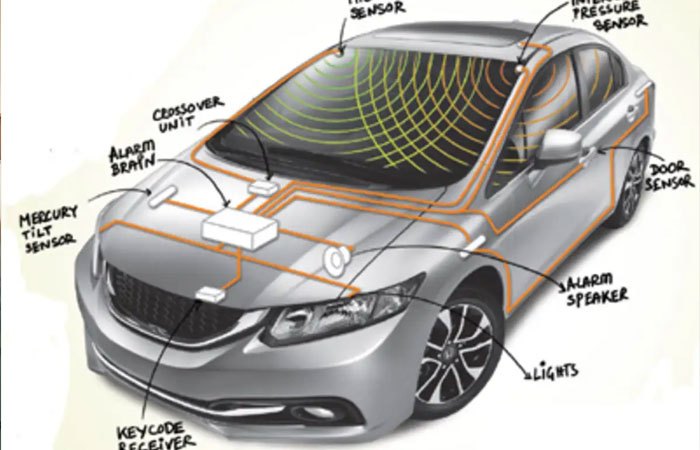Hybrid Security Systems: Car Alarm + GPS Tracker + Immobilizer
In 2025, a standard car alarm is no longer enough to truly protect a vehicle from theft. Modern thieves use equipment that easily bypasses basic remotes, jams GSM signals, and can even start the engine without a key. That’s why more and more drivers and installers are switching to hybrid anti-theft systems — a combination of an alarm, GPS tracker, and immobilizer.
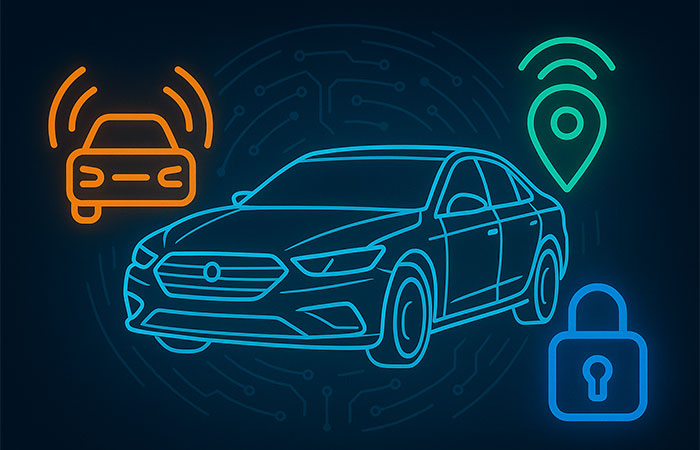
Why one device is no longer enough?
Let’s consider a simple case. A Toyota Camry owner installed a modern GSM alarm with remote start and smartphone control. The theft occurred at night — a jammer blocked the signal, the siren was disabled through the hood, and the engine was started via the OBD port. None of the modules could handle the situation alone.
A week later, the same owner got the car back but this time with additional equipment. A hidden immobilizer with Bluetooth tag authorization and a GPS tracker with an independent battery were installed. When the theft was attempted again — the alarm still failed due to jamming, but the engine wouldn’t start without the tag, and the GPS tracker kept transmitting location data. The car was found in an underground parking lot within 24 hours.
How does a hybrid system work?
A hybrid system doesn’t duplicate functions — it complements them. The alarm is the first layer: it alerts the owner, activates the siren, and blocks the ignition. If bypassed, the immobilizer kicks in. Even with the key or a CAN-bus hack, the engine won’t start without authorization. If that fails too — the GPS tracker acts as a “black box”: it sends location data even if everything else is disabled.
One key aspect is the autonomy of the components. A quality GPS tracker operates independently from the car’s power and can last up to 3 years on a built-in battery. The immobilizer doesn’t need a remote — it identifies the owner via a Bluetooth tag or smartphone. All of this minimizes the chances of a successful theft.
What matters during installation?
Each component must be installed in a different part of the car. For example, the alarm connects to the CAN-bus and draws power from the main battery. The immobilizer is wired into the starter or fuel pump circuit and disguised as factory electronics. The GPS tracker is hidden in a hard-to-reach area and is difficult to detect without specialized tools.
Professional installers usually avoid template setups. Each vehicle gets a custom wiring plan tailored not just to its brand, but also its trim level. In premium cars, it’s common to install two trackers: one active, one dormant, which activates only if a theft is detected.
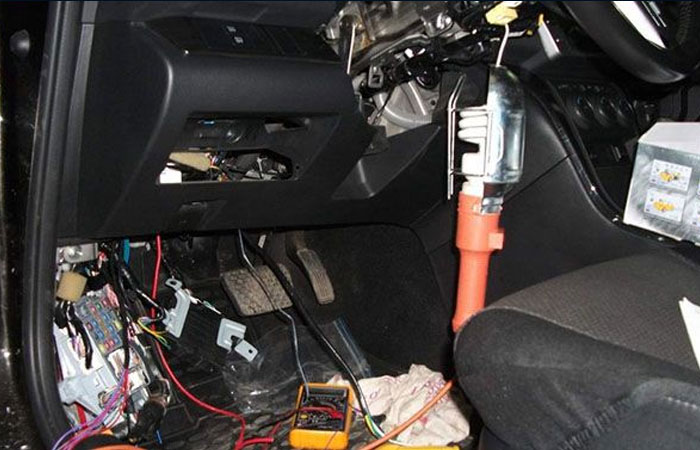
Who benefits from a hybrid system?
They are most relevant for owners of expensive and frequently stolen vehicles: Toyota Land Cruiser, Lexus RX, BMW X5, Kia Sportage, Hyundai Tucson. Also — for those who leave their car in public areas or open yards without guarded parking. Budget cars like the Skoda Octavia or Ford Kuga should not be overlooked either — they’re often stolen for resale or parts.
Fleet owners and businesses also turn to hybrid systems — not just for security, but for control. GPS tracking helps monitor routes and trip times, while the immobilizer allows remote engine blocking if unauthorized use is suspected.
Conclusion
Hybrid car alarms are no longer a luxury — they’re a necessity. Theft has become digital, and so must the protection. Combining an alarm, GPS tracker, and immobilizer covers all the major theft scenarios. The key is to choose the right hardware and have it installed by trusted professionals.
-
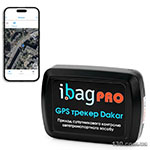 Standalone GPS tracker ibag Dakar ProBuy3999 ₴ 3798 ₴
Standalone GPS tracker ibag Dakar ProBuy3999 ₴ 3798 ₴ -
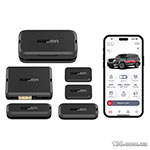 Car alarm Gazer S5 OverhandBuy43999 ₴
Car alarm Gazer S5 OverhandBuy43999 ₴ -
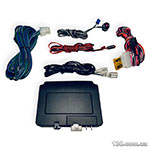 Buy
Buy


















